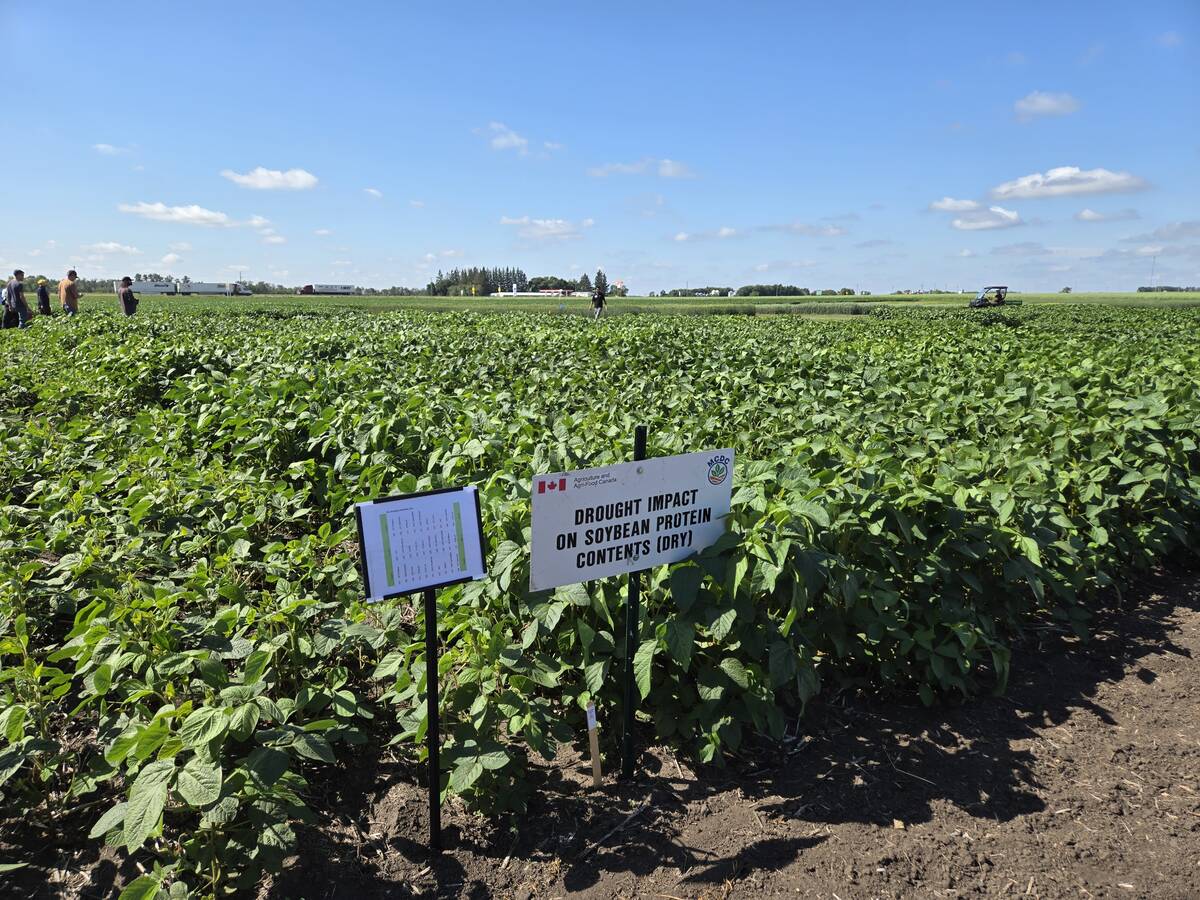GATINEAU, Que. – Canada’s new international co-operation minister is citing both logic and precedent to argue that she must be part of the political team deciding priorities and goals at World Trade Organization negotiations that will come to a head next year.
The logic is that the WTO negotiation, called the Doha Development Round, is aimed at striking a trade deal that helps poor countries develop their economies.
“It just makes sense that our political direction in a development round would include the development minister,” Aileen Carroll said in an interview at the head offices of the Canadian International Development Agency.
Read Also

Carberry field day looks for agriculture solutions
Manitoba farmers explored research solutions for resilient crops, perpetual agronomic issues and new kinds of agricultural products at a field day at the Manitoba Crop Diversification Centre in Carberry on Aug. 6.
“What really impacts on Third World countries is access to markets and reduction in tariffs and debt reduction, so they have to be very much part of the strategic decisions the government takes, the compromises that we make as we take part in these discussions.”
The precedent is that in 2003 when WTO ministers met in Cancun, Mexico, then-CIDA minister Susan Whelan joined trade and agriculture ministers at the conference. It was a recognition that developing countries agreed to take part in the trade negotiating round because they were promised that the next WTO deal would improve their position.
It was the first time a development minister had been part of the Canadian political decision-making team at international trade talks.
WTO negotiations are under way in Geneva through the next year. Next December ministers will meet in Hong Kong for the next chance to approve a new trade deal.
“I expect I will be involved,” the rookie CIDA minister said. “I’m glad my predecessor was there in Cancun. Had she not been there, I would still be driving very hard to say that development has to be part of it.”
In WTO negotiations, developing countries have joined to fight against becoming dumping grounds for subsidized agricultural products from developed countries.














